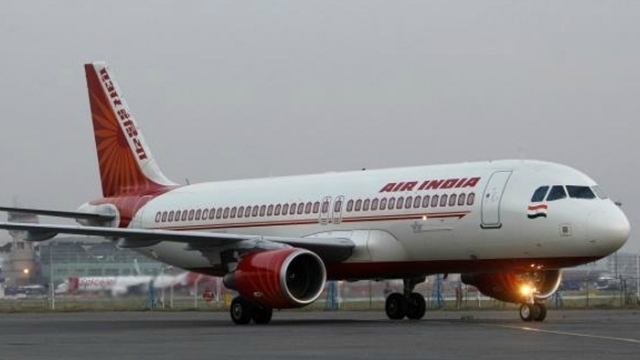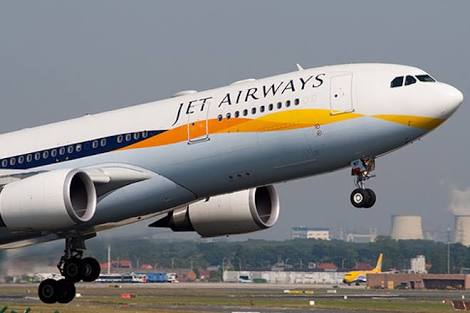As long as China is in the way, India in Nuclear Security Group is a non-starter

The attention given to the upcoming plenary session of the Nuclear Suppliers Group is surprising, given that there is little chance of anything being accomplished. The biggest item on the agenda is, of course, the admission of India into the trading cartel, which is vehemently being opposed by China and perhaps also by Austria, Norway, Ireland, New Zealand and the Netherlands.
Anyone who thought that the matter would be closed with the ratification of the India-US nuclear deal in 2008 was only deluding themselves: Although China sulked over the exception made for India to enter into the international civilian nuclear market, it is now extracting its pound of flesh by insisting on a uniform set of principles for membership to the NSG and advocating the admission of its client, Pakistan, to the group as well.
Beijing's position, ostensibly, is that there should be clear criteria to join the 48-nation group of nuclear vendors. Exceptions should not be made for anyone, including India, because they inevitably weaken the entire nuclear non-proliferation regime. China also insists that all members of the NSG should be signatories of the nuclear Non-Proliferation Treaty.
On the surface of it, China's stance may appear reasonable. In fact, Mark Hibbs of the Carnegie Endowment has raised some of the same issues in his thorough analysis of the prospect of expanded NSG membership. Hibbs suggests that the cartel carefully consider its membership policies for four reasons; of relevance to our discussion is the ambiguity created in the NSG's non-proliferation mission by making an exception to allow nuclear trade with India in 2008.
Since 1992, the NSG has required that any non-nuclear weapons state wishing to purchase items on the group's trigger list be a party to a full-scope safeguards agreement with the IAEA. The United States, in its support for India's membership to the NSG, has advocated that India be made an exception to this rule. However, given India's non-signatory status to the NPT, not to mention its nuclear weaponisation since 1998, several members of the NSG have felt that doing so would undermine the relationship between the NPT and the NSG. This relationship, though not enshrined in the guidelines, is implicit in the several factors considered for membership mentioned in INFCIRC/539 as well as the institution's history.
States averse to Indian membership have argued that if a non-NPT state were to be given admission, there would have to be substantial benefits. Although rules-based membership seems fair, the NSG should nonetheless retain its flexibility in exceptional cases. A non-NPT state seeking NSG membership would have to demonstrate a good track record of non-proliferation, support international efforts towards the reduction and elimination of fissile material inventories, and not be an obstruction in the proceedings of the consensus-based group.
These principles must be taken with a generous pinch of salt: The international nuclear regime, in the half-century of its existence, has been marked by hypocrisy. The NPT reserved for five countries the right to nuclear weapons in perpetuity while extracting a promise from all others to abjure from them. Nuclear arsenals grew to the beat of exhortations to others to disarm; testing begat simulations and warheads were modernised even as perorations urged the international community to stop producing fissile material. The United States helped Israel acquire nuclear weapons and pointedly looked away as China helped Pakistan do the same in the 1980s.
At the same time, European nations rushed to protect their firms who had been caught in conducting illicit nuclear trade from prosecution. There was not even a squeak from the nuclear controls regime when China announced in 2010 that it would grandfather the sale of two more reactors to Pakistan under a 2003 bilateral agreement — China had promised upon joining the NSG in 2004 that there would be no more sales. In 2013, Pakistan announced that two more reactors from China were under consideration.
Yet how well does India satisfy the NSG's criteria for membership? Regarding the non-proliferation treaty, India reminded the NSG that accession to the NPT is not a criterion for membership — France was not a member of the NPT until 1992 though it was a founder member of the NSG in 1975.
On the second condition — a good non-proliferation record, India has a better history than even some of the NSG members. For that matter, equating the Indian and Pakistani applications for membership, as China has done, is, even by the NSG's own standards, quite disingenuous. India has not sold nuclear technology to third parties and opened over half of its nuclear infrastructure to international inspections while Pakistan is infamous for its AQ Khan network that spread nuclear know-how from Pyongyang to Tripoli. Islamabad's institutionalised use of terrorism as state policy adds to its instability and with the fastest growing nuclear arsenal in the world, it is a testament to the nuclear regime's Janus-like trait that it is not under severe sanctions.
The NSG is also concerned that a new member might disrupt the proceedings of the group. Depending upon what one views as disruption, there might be some validity to this fear. It is unlikely that India will stand in the way of a Pakistani membership if it meets all the criteria for nuclear safety and security that have been laid out by the nuclear regime. It is, after all, in India's interest that Pakistan's nuclear establishment be as transparent and accessible to the international community as possible.
However, it is quite likely that Delhi objects to clauses that excludes non-NPT countries as this will limit its own ability to engage in nuclear commerce and technical collaboration. If India is allowed into the NSG, the group will either have to amend the INFCIRC/254 (Part II here) that distinguishes nuclear weapons states from others for purposes of trade to create a hybrid category for India or insert India-specific language in every document the NSG produces. Ironically, this will help Pakistan as well by keeping the door open for non-NPT countries. While this may militate against the NSG's values, it also underscores the cartel's double standards.
Courtesy: FP




